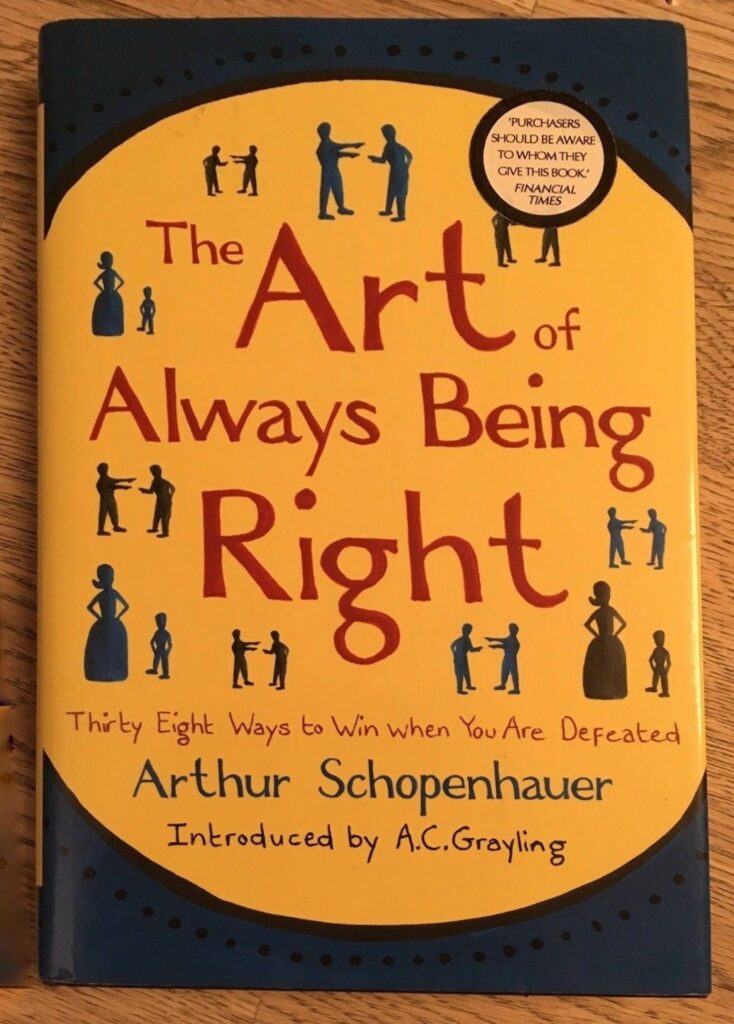
I almost always find it faintly depressing reading comment threads on social media. They so often consist of two sides vigorously attacking imaginary strawman arguments from the other side. Nobody wins; everybody just ends up looking shrill and petty. I often start typing a response, but usually think better of wasting my time adding fuel to the fire. As Alan Jacobs says in this excellent book: “We have an inbuilt and powerful disposition towards dichotomising — but one that we don’t have to obey.” I have gotten better at not doing this, partly because I find it so dispiriting when reading comments from people who have eagerly retreated far into their corner so they can poke barbs at the “other” in their corner.
Continue reading